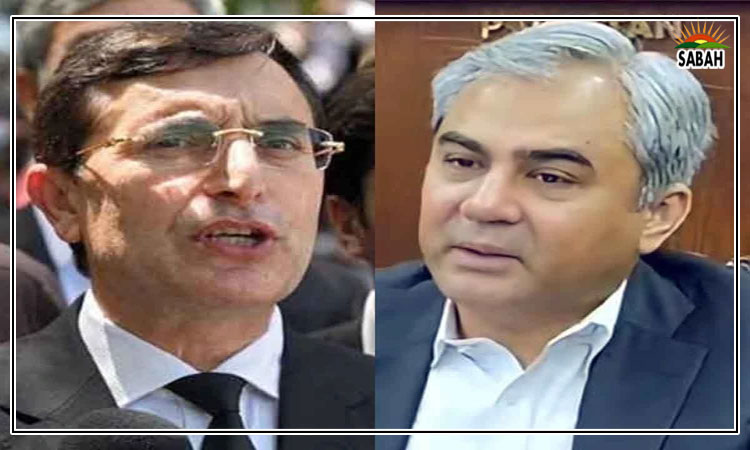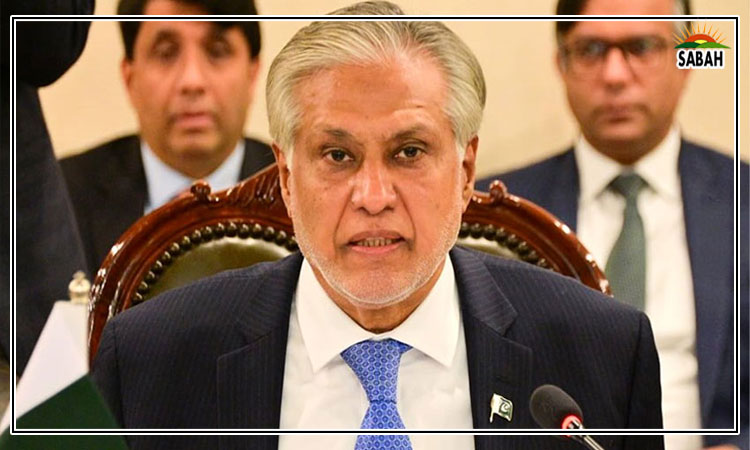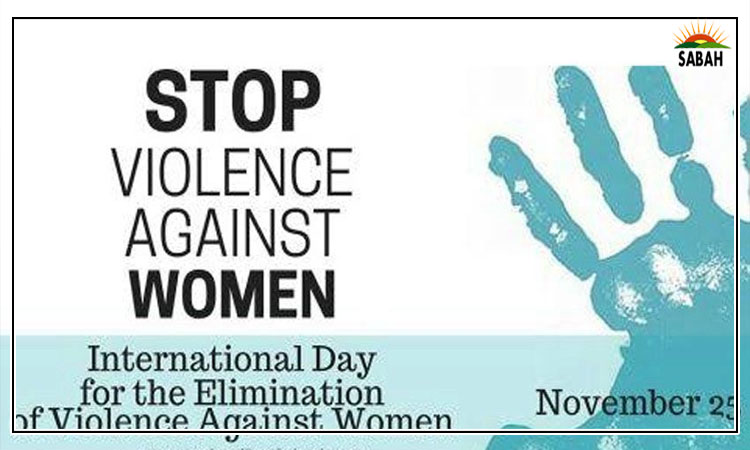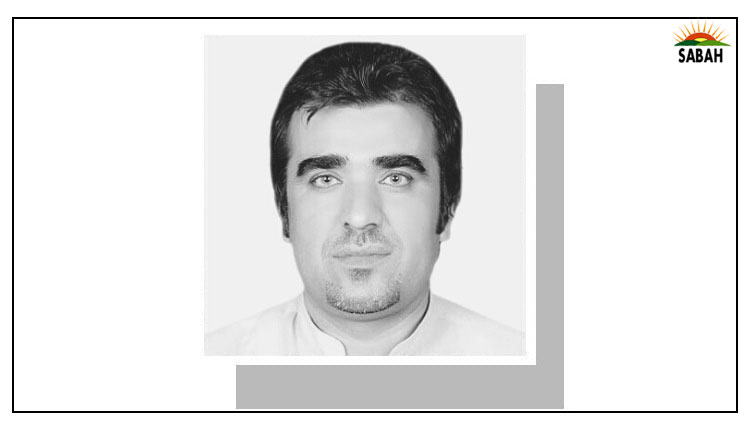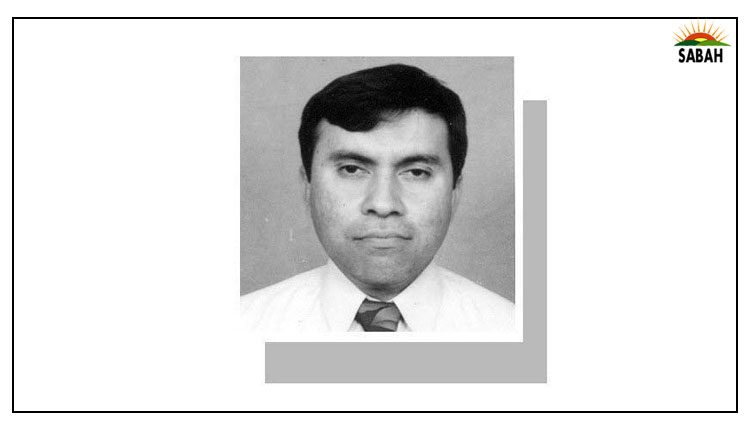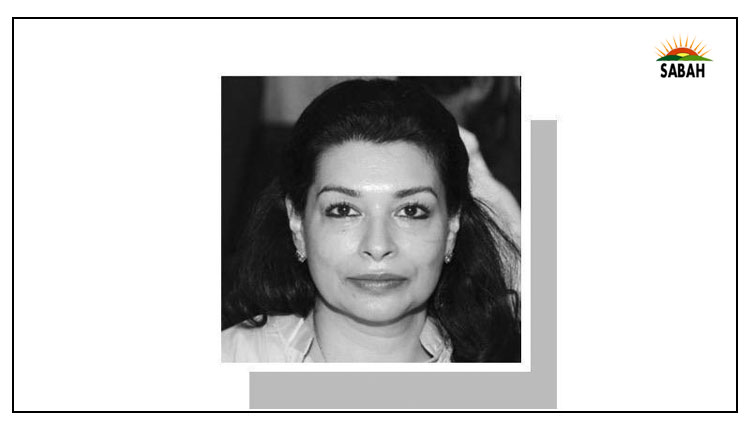Khan’s lacklustre era…Durdana Najam
Imran Khan came to power in 2018 in partnership with other political parties. In Punjab and Khyber-Pakhtunkhwa, Imran Khan could form governments without a coalition. In Balochistan, he was assisted by the BNP and BAP to hold the power reigns. In due course, he would also win elections in Gilgit-Baltistan and Azad Kashmir. The power-ship Imran boarded was sailing unhindered until he started compromising on his values and principles. While in cricket, Imran had a reputation for fair play, never taking advantage of his opponent’s weaknesses, and preferred keeping a low key persona despite clinching a robust victory; in politics, he had no qualms in setting aside these principles to gain political mileage.
Khan’s political stardom begins with the 2011 rally at the Minar-e-Pakistan teaming with supporters. He promised a ‘Naya Pakistan’ as soon as he ushered into the power corridors. By the time his party had struggled for almost 20 years, contesting elections but never winning more than one seat in the National Assembly. Khan alone represented his party in the assembly for many years before his narrative of fighting against corruption, sending the corrupt politicians cum mafias to jail and bringing Pakistan’s so-called looted money back from Swiss banks to rehabilitate the parched exchequer. Most of all, he preferred suicide to spreading hands for aid to the IMF. Considering himself the prodigy of the Western culture, he would often quote the British parliamentary system and, on several occasions, admitted having a shadow government which, when the time arrived, would have no problem navigating governance in the right direction. The promises were alluring, the man who was making the promises was irresistible because of his implacable record in cricket, and the timing of the promises could not have been better since the two major political parties, PPP and PML-N, that had ruled Pakistan for several decades were implicated in money laundering cases giving the masses the reason to give clean Khan the chance to rule.
Fast forward to 2018, and Khan is sworn in as the 22nd Prime Minister of Pakistan. The welcome he received from the armed forces and other institutions was rarely accorded to any previous head of the state. All because of his untrained history in cricket and the trust people had laid on him as the saviour who had the solution to all that ailed Pakistan.
However, many of his supporters had become disenchanted with him early on as they listened to his speeches filled with hatred for his opponents. A new culture of hate-mongering and character assassination of those who criticised Khan or his party was introduced on social media. Parallel to that, an aura was built around Khan of a person fiercely opposed to Islamophobia and having an unwavering and unparalleled devotion to Islam. Religion was invoked time and again to support arguments and build narratives. Unfortunately, that was all Khan had in his armour to meet governance targets. It was no sooner that Pakistan started slipping into a diplomatic and economic crisis that exacerbated during the pandemic.
At a time when countries globally were converging on building relations on geoeconomics, and alliances were being formed around economic opportunities within and across regions, Pakistan chose to turn its relations sour with the US, China, India and Saudi Arabia. Trade relations with India were denied. The prime minister was advised not to visit Russia on the eve of rising tension between Russia and Ukraine. He nevertheless went ahead and returned to Pakistan when the war had begun. Khan and his cabinet ministers would publicly assail foreign countries, especially the US, France and the European Union, on the Russia-Ukraine war. To berate the PML-N, Khan and his cabinet members would openly talk about corruption in CPEC, which did not go well with China, and the project became completely lifeless during the 42 months of Khan’s reign. The Foreign Office, the Ministry of Planning and Development and the Ministry of Finance were guided without any vision. The shadow government we had been promised was absent. Khan admitted on national television not having a trained team to run the government.
The worst governance hiccup was Khan’s tolerance of appointing irrelevant people to important positions. Usman Buzdar was made the Chief Minister of Punjab because Khan wanted to control the province from Islamabad, for which a lightweight politician was the best option. His appointment was the first wedge drawn within the PTI as it demonstrated that Khan had moved from the principled position of having the right man on the right job to the philosophy of having ‘my man’ in strategic positions. K-P had to suffer under the same philosophy. Later, the Chief Minister of Azad Kashmir and G-B were appointed after an assurance that their stars aligned with those of Khan. The first letter of their name and their time and place of birth were the criteria to select all the chief ministers.
If these blunders were insufficient, Khan started finding protection in the Sufi-Islam cover and opened Al-Qadir University trust. The trust was funded by a business tycoon whom Khan would berate as a corrupt man when in opposition. A deal was struck in a quid pro quo in which the money Pakistan received from an out-of-court settlement between the UK’s National Crime Agency and the mentioned business tycoon was reportedly given back to him (the tycoon) in return for the 248 kanal land in Jhelum to build a university.
All these sleazy agreements and appointments were the product of Khan and his wife Bushra Bibi’s faith in spiritual power. During a TV interview in 2018, Bushra Bibi professed that people would come to see her to get closer to God and the Prophet (peace be upon him). While Khan was in power, intelligence agencies are reported to have presented him evidence of the alleged involvement of his wife and her friend Farah Gogi’s family in receiving grafts against illegal postings and transfers in Punjab. Khan refused to believe the findings and, in retaliation, removed the top officer from his post.
Pakistan’s brazen attitude in foreign relations was an extension of domestic policies. Khan refused to sit with his opponents, and a party that was supposed to build ‘Naya Pakistan’ would eventually drown whatever good was left in the name of democracy and fair play in the country.
Courtesy The Express Tribune, October 19th, 2023.


